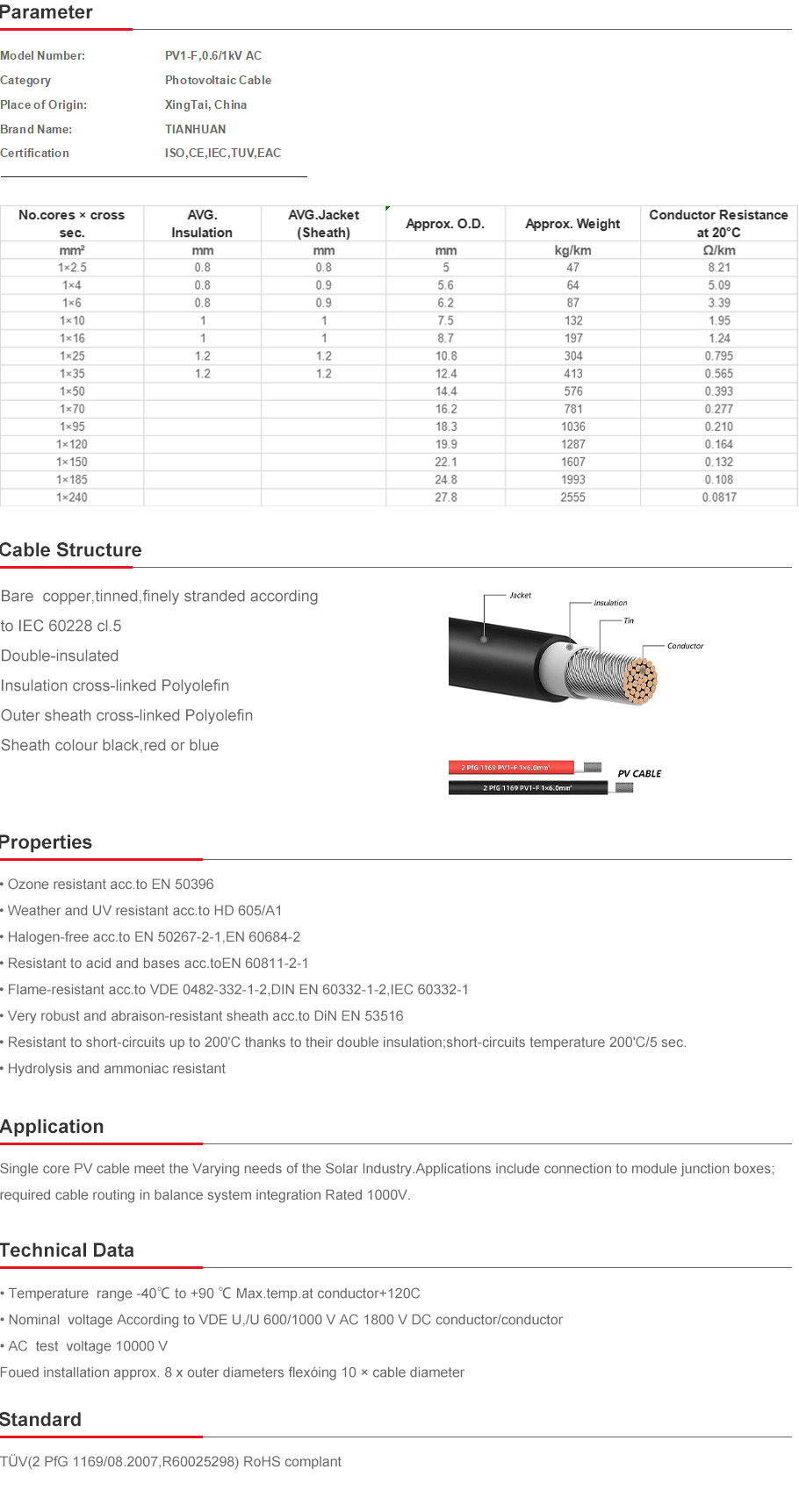
Afrikaans Albanian Amharic Arabic Armenian Azerbaijani Basque Belarusian Bengali Bosnian Bulgarian Catalan Cebuano China Corsican Croatian Czech Danish Dutch English Esperanto Estonian Finnish French Frisian Galician Georgian German Greek Gujarati Haitian Creole hausa hawaiian Hebrew Hindi Miao Hungarian Icelandic igbo Indonesian irish Italian Japanese Javanese Kannada kazakh Khmer Rwandese Korean Kurdish Kyrgyz Lao Latin Latvian Lithuanian Luxembourgish Macedonian Malgashi Malay Malayalam Maltese Maori Marathi Mongolian Myanmar Nepali Norwegian Norwegian Occitan Pashto Persian Polish Portuguese Punjabi Romanian Russian Samoan Scottish Gaelic Serbian Sesotho Shona Sindhi Sinhala Slovak Slovenian Somali Spanish Sundanese Swahili Swedish Tagalog Tajik Tamil Tatar Telugu Thai Turkish Turkmen Ukrainian Urdu Uighur Uzbek Vietnamese Welsh Bantu Yiddish Yoruba Zulu
Jul . 12, 2024 14:11
Back to list
Different types of electrical wires and cables available for various applications and projects.
When it comes to electrical wiring and cables, there are a wide variety of options available to suit different purposes and environments. Understanding the different types of electrical wires and cables can help you make the right choice for your specific needs.
One of the most common types of electrical wires is the THHN wire. This wire is commonly used in residential and commercial buildings for general electrical wiring. It is made of a single solid copper conductor with a PVC insulation that is flame retardant and resistant to heat and moisture.
Another popular type of electrical wire is the RG6 coaxial cable. This cable is commonly used for cable television, satellite, and internet connections. It consists of a copper conductor surrounded by a dielectric insulator and a braided shield to prevent interference and signal loss.
For outdoor applications, such as landscaping lighting or underground wiring, you may need to use direct burial cables. These cables are designed to withstand exposure to the elements and are often insulated with a heavy-duty PVC jacket

types of electrical wires and cables product. For high-voltage applications, such as industrial machinery or power distribution systems, you may need to use medium-voltage cables. These cables are designed to handle higher voltage levels and are often insulated with materials such as ethylene propylene rubber (EPR) or cross-linked polyethylene (XLPE). For applications where flexibility is important, such as robotics or portable equipment, you may consider using a flexible cord or cable. These cables are made of multiple conductors surrounded by a flexible insulation material, such as neoprene or PVC, that allows for easy bending and movement. In hazardous environments, such as chemical plants or oil refineries, you may need to use specialized cables that are designed to withstand extreme temperatures, corrosive chemicals, or physical stress. These cables may be insulated with materials such as fluorinated ethylene propylene (FEP) or polytetrafluoroethylene (PTFE) to provide additional protection. Overall, understanding the different types of electrical wires and cables available can help you make informed decisions when selecting the right products for your specific application. Whether you need a basic wire for general wiring or a specialized cable for a unique environment, there is a wide range of options to choose from to meet your needs.

types of electrical wires and cables product. For high-voltage applications, such as industrial machinery or power distribution systems, you may need to use medium-voltage cables. These cables are designed to handle higher voltage levels and are often insulated with materials such as ethylene propylene rubber (EPR) or cross-linked polyethylene (XLPE). For applications where flexibility is important, such as robotics or portable equipment, you may consider using a flexible cord or cable. These cables are made of multiple conductors surrounded by a flexible insulation material, such as neoprene or PVC, that allows for easy bending and movement. In hazardous environments, such as chemical plants or oil refineries, you may need to use specialized cables that are designed to withstand extreme temperatures, corrosive chemicals, or physical stress. These cables may be insulated with materials such as fluorinated ethylene propylene (FEP) or polytetrafluoroethylene (PTFE) to provide additional protection. Overall, understanding the different types of electrical wires and cables available can help you make informed decisions when selecting the right products for your specific application. Whether you need a basic wire for general wiring or a specialized cable for a unique environment, there is a wide range of options to choose from to meet your needs.
Latest news
-
Reliable LIYCY Cable Solutions for Low and Medium Voltage ApplicationsNewsJul.14,2025
-
Premium Overhead Electrical Wire Solutions for Low and Medium Voltage ApplicationsNewsJul.14,2025
-
Innovative XLPE Electrical Cable Solutions for Modern Low and Medium Voltage NetworksNewsJul.14,2025
-
High-Quality Ethylene Propylene Rubber Cable – Durable EPDM Cable & 1.5 mm 3 Core OptionsNewsJul.14,2025
-
Exploring the Versatility of H1Z2Z2-K 1X4mm2 Cables in Modern ApplicationsNewsJul.14,2025
-
Uses of Construction WiresNewsJul.14,2025
-
Types of Neoprene CableNewsJul.14,2025
Related PRODUCTS














